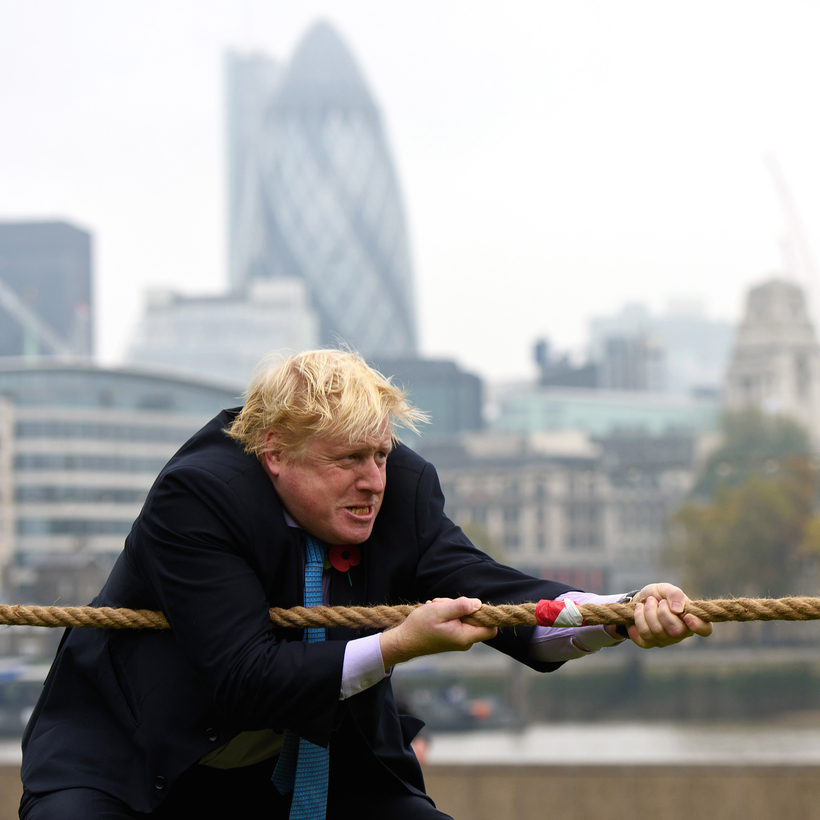Butler to the World: How Britain Helps the World’s Worst People Launder Money, Commit Crimes, and Get Away with Anything by Oliver Bullough
Just over a decade ago Ajit Chambers had a dream. He knew that beneath the surface of London were dozens of “ghost stations”, from Aldwych to the British Museum, that had been closed down. At least some of them, he believed, could be turned into bars and tourist attractions. He had his eye on one in particular: the former station at Brompton Road, Knightsbridge.
At public meetings he pestered the mayor of London about it —and Boris Johnson couldn’t have been more enthusiastic. But then in 2014 Chambers had a nasty shock. The Ministry of Defence, which owned Brompton Road, had agreed to sell — but not to Chambers. They sold it for $88.6 million to Dmytro Firtash.

